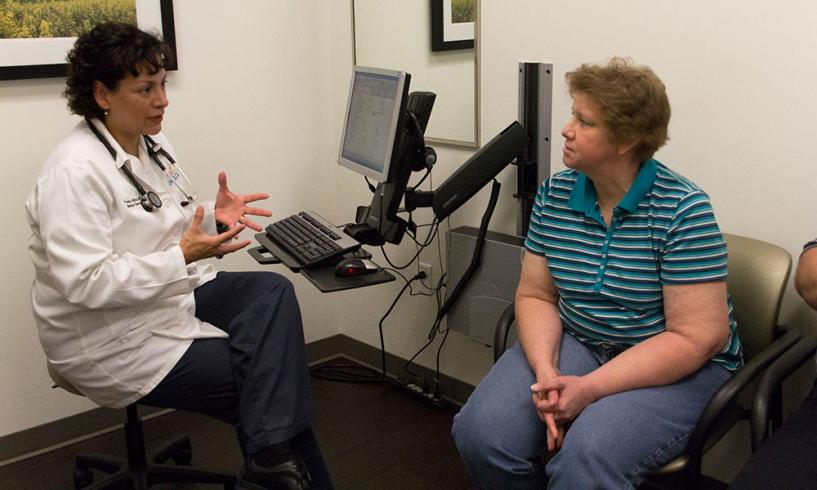Researchers conducting the largest study to date on screening mammography outcomes have found no evidence to support stopping mammography screenings at a certain age. The findings were presented at the 2016 Radiological Society of North America annual meeting.
Current guidelines vary on the appropriate age for women to stop mammography screenings. The American Cancer Society’s recommendations are vague, indicating that screenings should continue as long as a woman remains healthy and is expected to live for 10 years or longer. The U.S. Preventive Services Task Force (USPSTF) is more specific, indicating in its recommendations that the current evidence is insufficient to assess the benefits and harms of mammography screening in women aged 75 or older.
Researchers in the current study noted that the reason for USPSTF’s age cutoff was that all prior randomized, controlled studies excluded women aged 75 or older, limiting available data. They set about analyzing data from the National Mammography Database to evaluate the performance of screening mammograms for various age groups of women.
The researchers used data from nearly 5.6 million screening mammograms performed during a seven-year period between January 2008 and December 2014 in 150 facilities across 31 U.S. states. They looked at patient demographics, screening mammography results, and biopsy results. Data from 2.5 million women older than 40 years were sorted into patient groups by age in five-year intervals (e.g., 40–44, 45–49).
Overall, researchers found that cancer was detected in a mean of 3.74 per 1,000 patients, 10% were called back for follow-up testing, 20% were recommended for biopsy, and 29% had a biopsy performed. Based on increasing age from 40 to 90 years old, the data demonstrated a gradual upward trend for cancer detection rate, biopsy recommendations, and biopsies performed, but a downward trend in recall for additional follow-up.
The researchers concluded that their findings do not provide evidence for age-based mammography cessation and that they lend support to the argument that the decision to stop screening should be informed by a patient’s personal health history and preferences.






